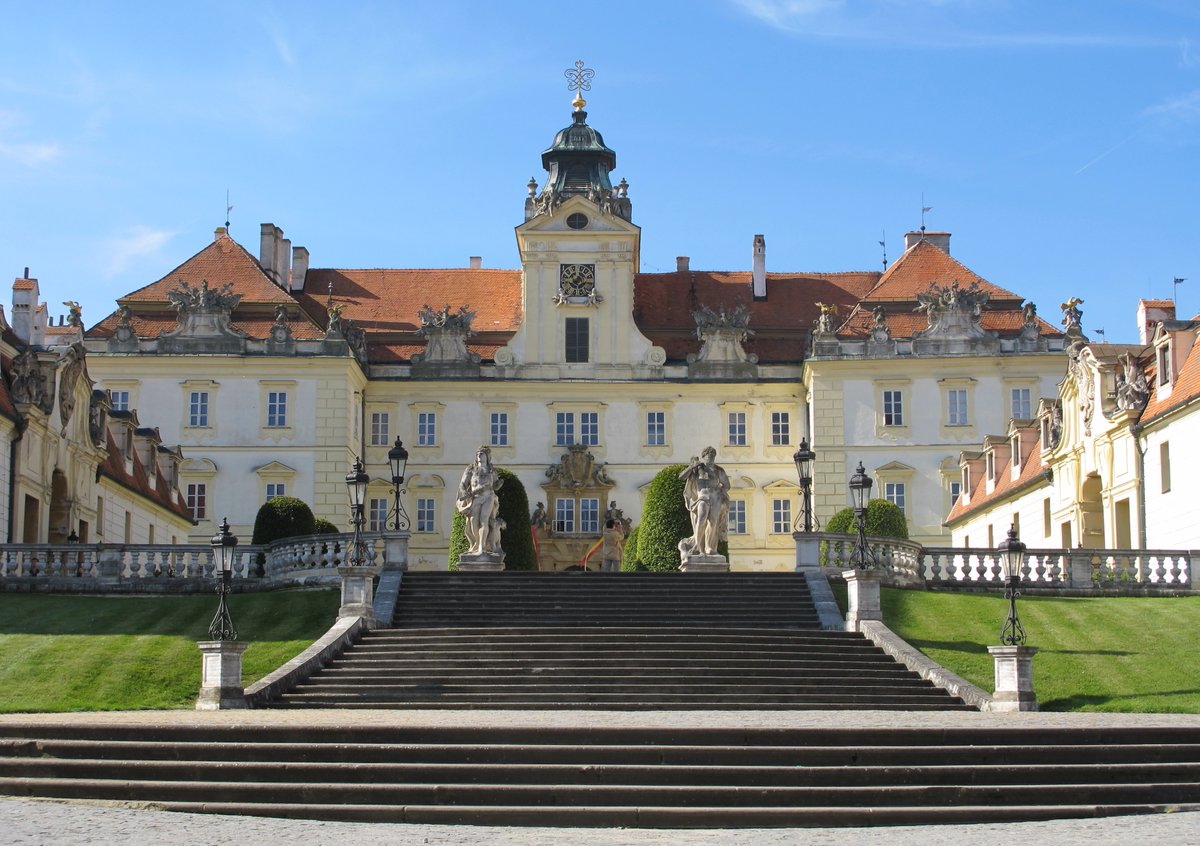
A young king seeking a powerful Empire, denied to him for two decades, finally undone by a virtual unknown when the king's journey started and someone who created a dynasty that would outlast centuries and continents, with the king's territories.
Story in the evening ...
Story in the evening ...
https://twitter.com/Arby_K/status/1319097244746874880
Ottokar Přemysl became the heir to the Bohemian crown when his elder brother died in 1247. Still in his teens, Ottokar also had eyes for neighbouring Austria, which his brother would have acquired had it not been for his unexpected death. 1/10 

The death of Duke Friedrich of Austria in 1246 ended the Babenberger family who had been ruling Austria since 10th century. In 1251, backed by his father, Ottokar would become the Duke of Austria. He would solidify his position as Duke in 1260, defeating the Hungarian King. 2/10 

The Holy Roman Empire had been in a state of flux since the excommunication of Emperor Friedrich in 1245. The death of his son & successor Konrad in 1254 added to it. As one of Empire's most powerful rulers, Ottokar was a likely candidate, but he would not gain the title. 3/10 

The English prince Richard would be elected as King of Germany, but Alfonso of Castile disputed it. Both had support among nobility and neither would take a proper charge. King Richard confirmed Ottokar's titles, appointing him protector of royal domains east of Rhine. 4/10 



Ottokar would enlarge his rule which would reach its peak in 1272. With the death of King Richard the same year, another election loomed with Ottokar at his strongest. 5/10 

However, Ottokar would again fail in his pursuit of the Empire. A minor count from present day Switzerland, Rudolf von Habsburg, would be elected as king at the ripe old age of 55. The Bohemian king would reject the election. 6/10 

King Rudolf would demand return of all the properties Ottokar had acquired. Though the Bohemian king would initially resist, he would give up all his realms outside Bohemia in 1276. But, in 1278 King Ottokar would rise again for one last battle. 7/10 

The Battle on the Marchfeld would end with the death of the Bohemian king and complete victory for the German king. The lands Ottokar had acquired would be taken over by Rudolf von Habsburg. 8/10 

King Rudolf's descendants would continue to rule Austria for many more centuries, eventually adding Bohemia as one of its crown possessions as well. 9/10 

The main line of Přemysl dynasty would die out in 1305, but the line of Ottokar's illegitimate son, Nikolaus, would last till 1464, ruling the Duchy of Opava. 10/10 

• • •
Missing some Tweet in this thread? You can try to
force a refresh














